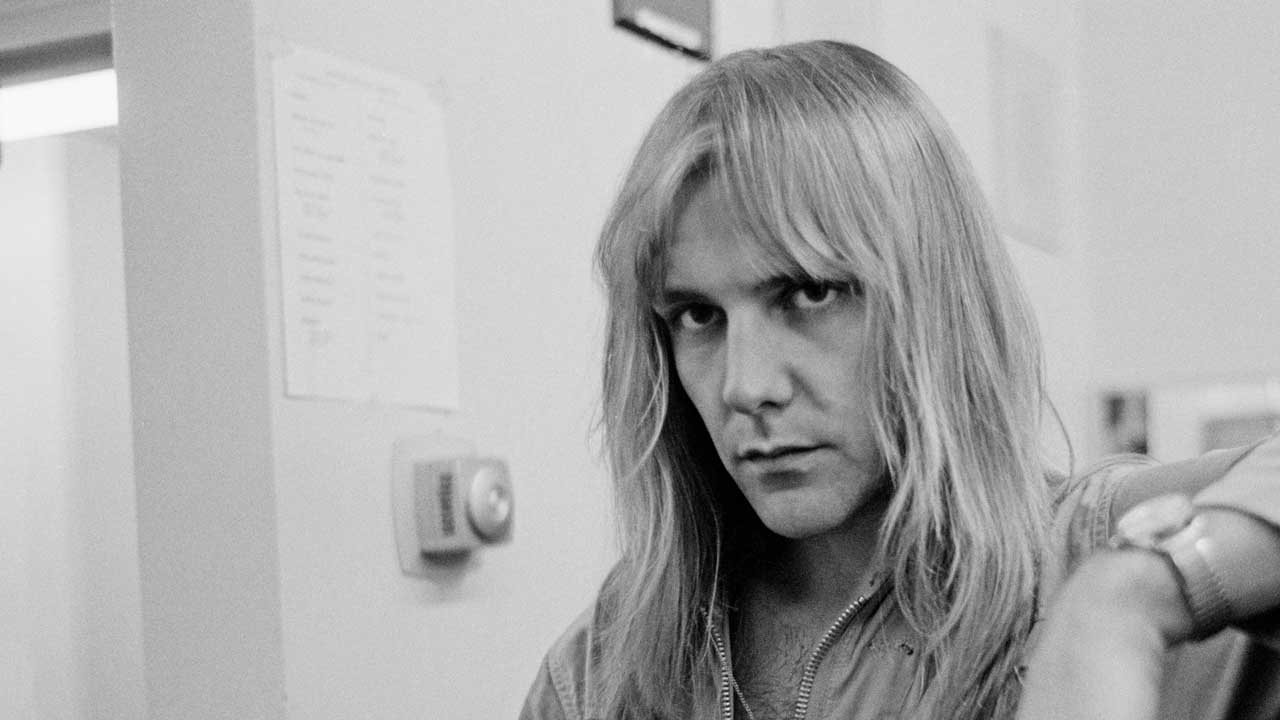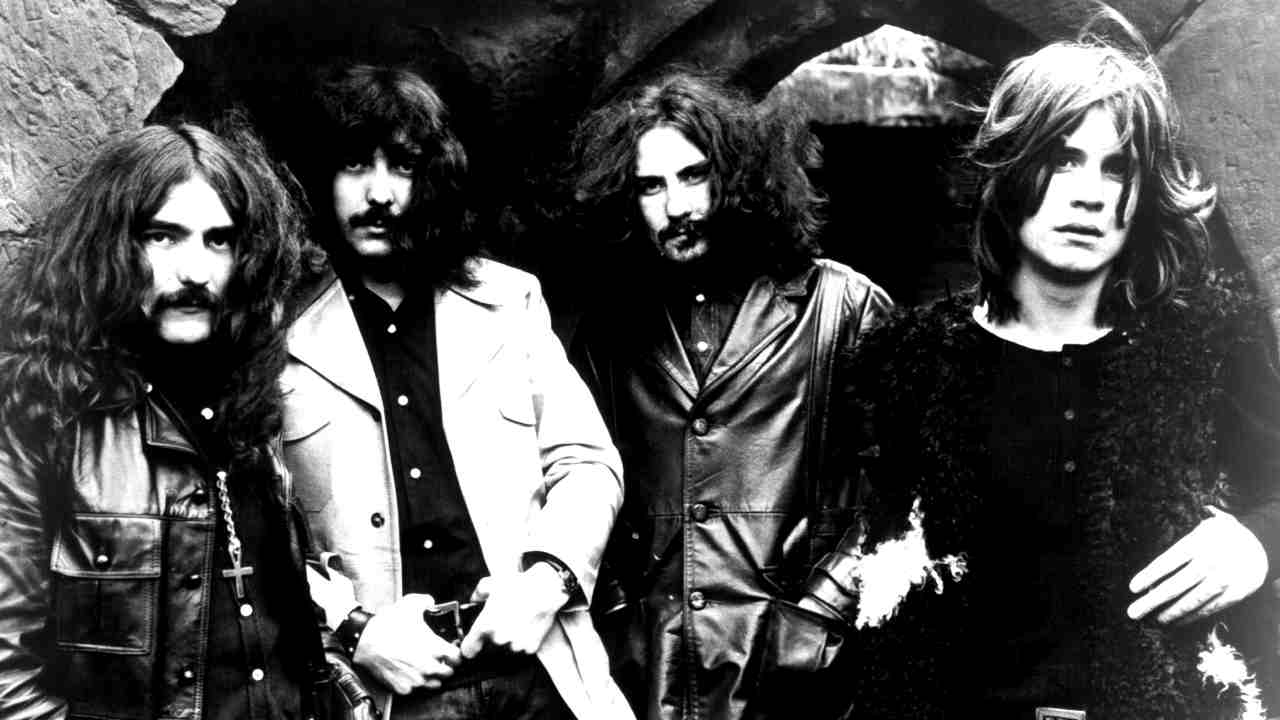Sheep, Supertramp, and what Alex Lifeson did during the punk explosion
For Rush and Envy Of None guitarist Alex Lifeson, 1977 was all about touring, punk and Panama hats – just don’t mention the sheep

Select the newsletters you’d like to receive. Then, add your email to sign up.
You are now subscribed
Your newsletter sign-up was successful
Want to add more newsletters?

Every Friday
Louder
Louder’s weekly newsletter is jam-packed with the team’s personal highlights from the last seven days, including features, breaking news, reviews and tons of juicy exclusives from the world of alternative music.

Every Friday
Classic Rock
The Classic Rock newsletter is an essential read for the discerning rock fan. Every week we bring you the news, reviews and the very best features and interviews from our extensive archive. Written by rock fans for rock fans.

Every Friday
Metal Hammer
For the last four decades Metal Hammer has been the world’s greatest metal magazine. Created by metalheads for metalheads, ‘Hammer takes you behind the scenes, closer to the action, and nearer to the bands that you love the most.

Every Friday
Prog
The Prog newsletter brings you the very best of Prog Magazine and our website, every Friday. We'll deliver you the very latest news from the Prog universe, informative features and archive material from Prog’s impressive vault.
Received wisdom will tell you that 1977 was a year of musical change, when punk rock swept in and cleared away the dinosaurs and the hippies. But if you look more closely, it was also a year during which the supposed old guard threw up some resistance in the face of this uncouth onslaught.
In July, creaking pensioners Yes claimed their second UK number one album with Going For The One, while spiky upstarts The Sex Pistols reached the same position just four months later with Never Mind The Bollocks. One generation pushing another aside? Not quite. The difference in average age of the two bands' members was just eight years.
Another "old fart" (his words, not ours) was Rush and Envy Of None guitarist Alex Lifeson, who recorded A Farewell To Kings during the year punk broke. This is what he remembers.

1977: how was it for you?
It was a great year. For the first time, we made an album in the UK – A Farewell To Kings. That was exciting for us. All our favourite bands came from the UK – Led Zeppelin, The Who, Cream.
Your 1977 schedule – tour, album, tour – sounds tough.
Sign up below to get the latest from Classic Rock, plus exclusive special offers, direct to your inbox!
Back then we were doing about 250 shows a year, plus making records. But we had youth on our side. We had the stamina.
You recorded A Farewell To Kings at Rockfield studio in Wales. What do you remember most about that place?
The sheep. We were working all day and night, and as we went to bed around noon the sheep were out in the fields, chatting away and keeping us all awake.
The album’s most famous song is Xanadu – a classic 70s epic.
It was the first song we recorded, on the first day, and the engineer, Pat Moran, was blown away that we played this 11-minute song all in one take. We’d rehearsed it, we’d been playing it live, but Pat was astonished that we were able to just throw it down.
While you were in the UK, punk was exploding. What did you make of it?
I sensed that it was important on a cultural and musical level. And although it wasn’t really aligned with what we were doing, I thought it was a good thing. It’s important to shake things up.
Punks considered bands like Rush to be boring old farts, but you were only 24 in 1977.
Well, stylistically I could see where they were coming from. They were a younger generation, and everybody wants to have their own thing.
So you admit that you were an old fart at 24?
Oh yeah. And I still am.
What did you think of the year’s biggest-selling albums, like Fleetwood Mac’s Rumours and the Eagles’s Hotel California?
Those records were so huge. The play that they got on the radio, when we were driving around from gig to gig, was unbelievable.
Were you jealous?
You’d love your records to be huge successes, sure. But our sales were increasing too. We went from touring in a station wagon to a van. We could gauge our success in those simple things that made our lives a little more comfortable on the road.
Were you still wearing your famous Panama hat in 1977?
Oh my god, what was I thinking with that stupid hat? Certainly our ‘stage look’ was influenced by Robert Plant and Jimmy Page – the bell-bottoms and flowing robes. But I was a lot thinner then and had a lot more hair.
What’s your favourite album from 1977?
Even In The Quietest Moments by Supertramp. They were spectacular.
In hindsight, how important a year was it?
There was a change in the wind, with punk coming into its own. And it was a pivotal year for us. 2112 had bought us freedom, and with A Farewell To Kings we were moving forward in the way we wanted to. I remember it as a great time.
Envy Of None's self-titled debut album will be released in April. This interview originally appeared in Classic Rock 173, in July 2012.
Freelance writer for Classic Rock since 2005, Paul Elliott has worked for leading music titles since 1985, including Sounds, Kerrang!, MOJO and Q. He is the author of several books including the first biography of Guns N’ Roses and the autobiography of bodyguard-to-the-stars Danny Francis. He has written liner notes for classic album reissues by artists such as Def Leppard, Thin Lizzy and Kiss, and currently works as content editor for Total Guitar. He lives in Bath - of which David Coverdale recently said: “How very Roman of you!”

